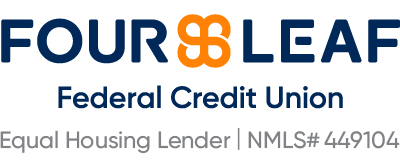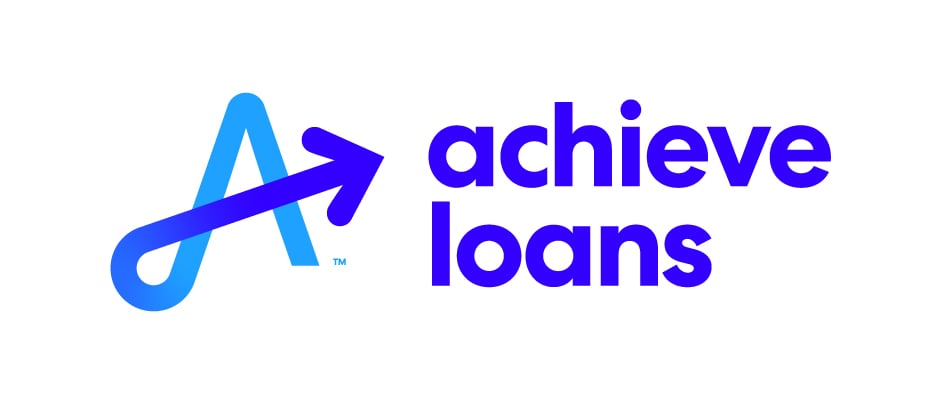HELOC Pros and Cons: Is Getting a HELOC a Good Idea?
HELOCs have their pros and cons, and can be a good idea when used for a smart money move like a home renovation.

Some or all of the mortgage lenders featured on our site are advertising partners of NerdWallet, but this does not influence our evaluations, lender star ratings or the order in which lenders are listed on the page. Our opinions are our own. Here is a list of our partners.
A home equity line of credit, or HELOC, is a second mortgage that lets you borrow against the equity in your home. Your equity is the current value of your home, minus what you owe on your mortgage.
Pros
Relatively low rates
A HELOC is backed by your home, which means that interest rates are typically lower than personal loans and other types of unsecured debts.
Flexibility
Unlike a typical fixed loan, HELOCs don’t require you to know exactly how much you’ll need to borrow. You can continue to draw from the line as needed, up to your limit, within the designated draw period.
This period usually lasts for 10 years, and you’ll only be required to pay interest (though it’s a good idea to make larger payments to chip away at the principal, too). After that, you’ll go into the repayment period, when you can’t borrow anymore and have to pay both interest and principal. You’ll usually have up to 20 years after the end of the draw period to pay off the loan, for a mortgage that lasts a total of 30 years.
You pay interest only on what you draw
If you took out a $30,000 personal loan and used $20,000, you’d still have to pay interest on the remaining $10,000. With a HELOC, you’re only paying interest on the amount you draw.
HELOC & Home Equity Loans from our partners

on FourLeaf Federal Credit Union
670
$1,000,000
on FourLeaf Federal Credit Union
Cons
Your home is collateral
If you can’t keep up with your monthly payments, you could lose your home to foreclosure.
Rates are often variable
HELOC interest rates change multiple times a year, which may make it difficult to project what your monthly payments will be in the future. However, you can circumvent this by choosing a lender that offers a fixed-rate HELOC option.
Borrowing limits are tied to your equity
If you haven’t been in your house for long, you might not qualify for a large enough loan. Lenders typically allow you to borrow up to 85% of your equity, though some have higher limits.
When a HELOC may be a good idea: Financing renovations
A HELOC can be an excellent resource to pay for renovations that are tackled in stages over time. It's suitable for extensive home projects because it allows you to borrow money as you need it and to pay interest only on money that has been spent.
Interest on a HELOC may be tax-deductible if you use the funds for home renovations — but consult a tax advisor to ensure you qualify.
Some homeowners also use HELOCs to consolidate debt, paying off credit cards and other debt with higher interest rates. But you should do this only if you can stick to a plan to pay off the debt without racking up more debt in the near future.
When a HELOC may be a bad idea
While cash from a HELOC is yours to spend however you see fit, it’s probably not worth it to mortgage your home for expenses that don’t appreciate. For example, we wouldn’t recommend using a HELOC to pay for a vacation, wedding or car, and you should avoid mortgaging your home for risky endeavors like starting a business.
Wondering whether another kind of home equity product is right for you? Compare HELOCs with home equity loans and cash-out refinancing.






